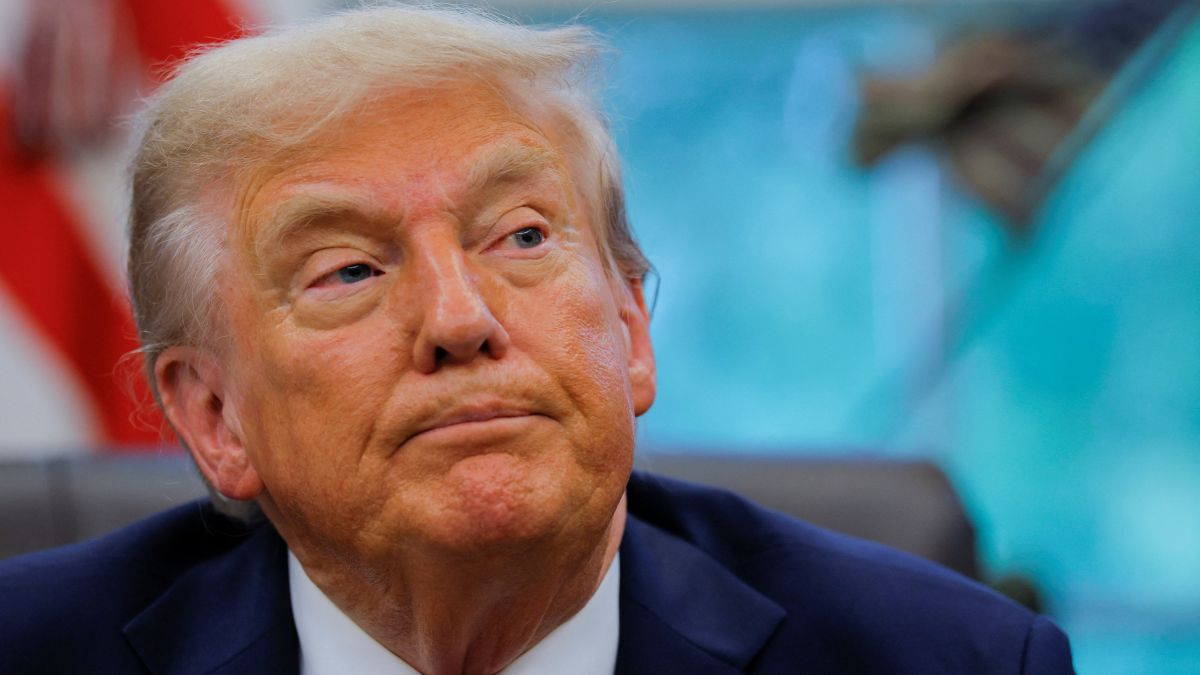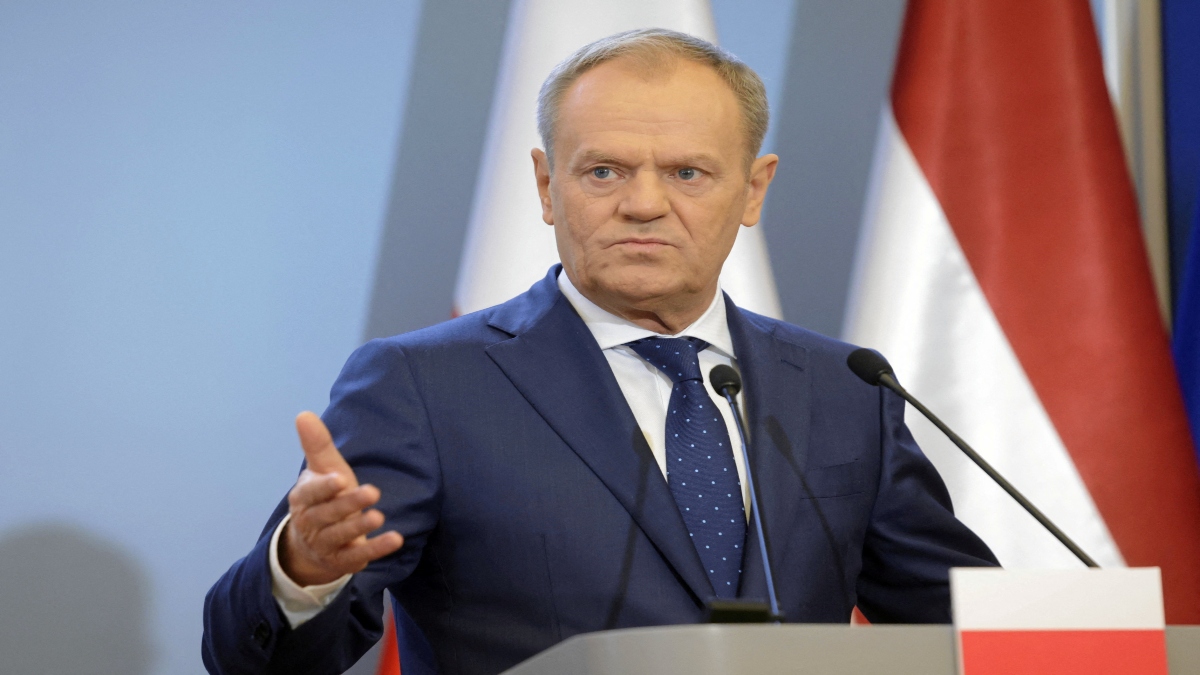US manufacturers are shedding thousands of jobs despite President Trump’s push to boost the sector, as uncertainty over tariffs, rising costs, and legal challenges weigh on hiring and production.
US manufacturers are cutting thousands of jobs even as President Trump promotes policies aimed at revitalising the sector. In August alone, 12,000 manufacturing jobs were lost, bringing the total decline since April to 42,000, according to a Center for American Progress (CAP) analysis of government data.
CAP attributes the decline to several factors, including the Trump administration’s steep tariffs, strict immigration policies, and the Republican-backed “big, beautiful bill” passed in July, which phases out certain tax credits affecting renewable energy companies.
Overall, US manufacturing employment has fallen by 33,000 jobs so far in 2025. Most losses are concentrated in durable goods sectors such as automobiles, electronics, and household appliances. Hiring across all industries has also slowed sharply, with only 22,000 jobs added in August—well below expectations.
The decline in manufacturing is part of a long-term trend. In 1960, manufacturing accounted for about 34% of total employment, peaking at 19.5 million jobs in 1970. As of August 2025, 12.7 million Americans are employed in manufacturing, following a loss of 87,000 jobs in 2024.
When Trump announced new tariffs in April, the White House said the levies were intended to protect American workers, reduce the trade deficit, and encourage companies to bring manufacturing back to the US.
However, the scale and uncertainty surrounding the tariffs have increased costs for manufacturers and discouraged hiring, said economist Sara Estrep, a CAP report author. “Companies are uncertain about what’s happening,” she told CBS MoneyWatch. “Everything has been changing day to day, so it’s not clear what production should look like. That’s why they aren’t hiring.”
Companies such as John Deere have cited tariffs as a factor in declining sales and profits, incurring roughly $300 million in costs related to steel and aluminium imports. The company announced layoffs of more than 200 workers in Illinois and Iowa. Automakers also cut nearly 5,000 jobs in July, while the retail sector has stepped up layoffs and store closures amid economic uncertainty.
Legal challenges to Trump’s tariffs have added to the uncertainty. In August, a federal appeals court ruled that the president had overstepped his authority under the International Emergency Economic Powers Act (IEEPA). Trump asked the Supreme Court on 3 September to review the ruling before it takes effect in October.
“The slowdown reflects an environment where purchasing managers are under stress, facing higher costs and lower demand,” said EY-Parthenon chief economist Gregory Daco. “Companies are streamlining operations and keeping only essential staff to manage expenses.”
Requests for comment on CAP’s findings were not answered by the White House, the Office of the US Trade Representative, or the National Association of Manufacturers.
End of Article

)
)
